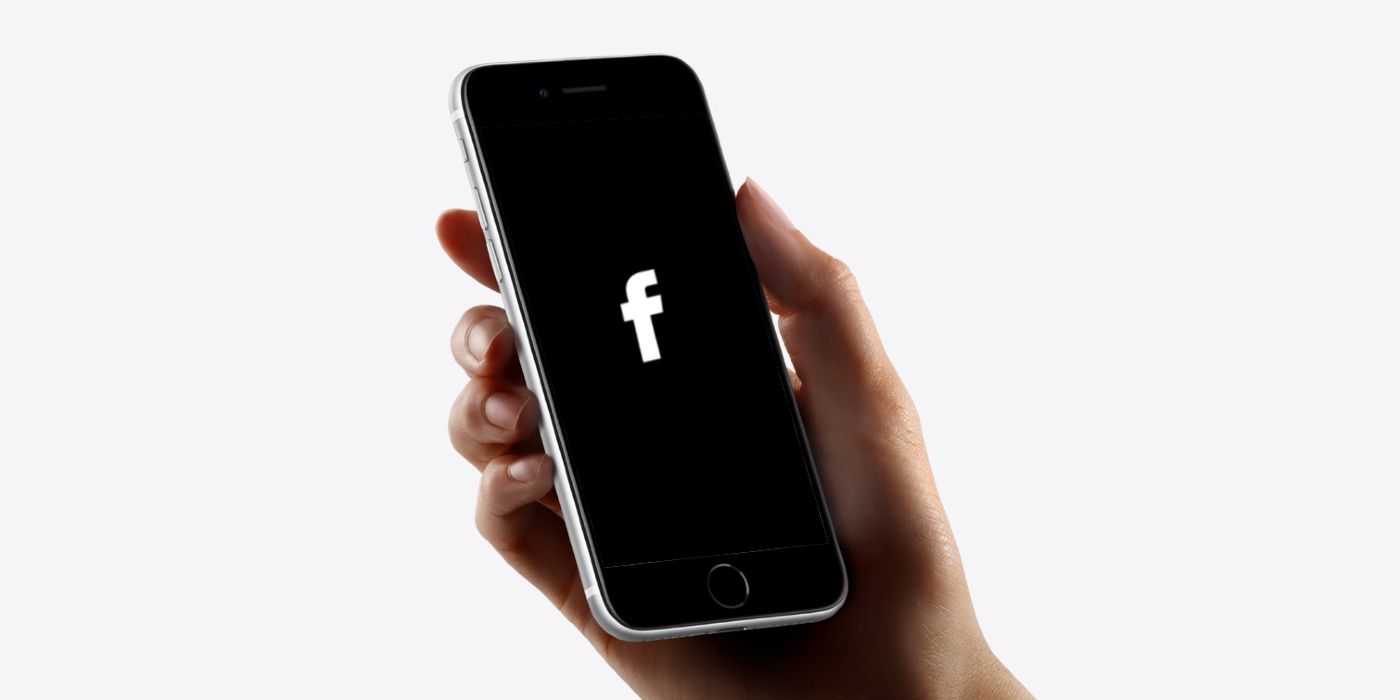In a bombshell revelation, an ex-Facebook engineer has claimed that the company knowingly indulges in a secretive practice that drains smartphone batteries like there’s no tomorrow. It has long been known that some mobile apps drain the battery faster than others. According to various research over the years, apps like Facebook are one of the worst culprits, along with the likes of Snapchat, Instagram, Tinder, and others. However, this is the first time that any tech company is being accused of deliberately draining users’ smartphone batteries.
According to data scientist and former Facebook employee George Hayward, Facebook uses a technique known as ‘negative testing’ that can drain smartphone batteries quickly. The technique, which involves testing how an app would cope when faced with invalid input data and unexpected user behavior, can increase the power consumption of a device and affect battery life adversely. In his interview with the New York Post, Hayward claimed that he complained about the practice to his manager, telling her, “this could harm somebody.” However, not only did the manager ignore his concerns, she urged him to carry on as usual, telling him that “by harming a few, we can help the greater masses.”
Yet Another Controversy For Facebook

Talking about how he got to learn about the prevalence of negative testing at Facebook, Hayward said that he was given an internal training document titled, “How to run thoughtful negative tests.” The document reportedly included examples of such experiments being carried out, but Hayward did not disclose if he knew how long the company has indulged in this practice. He also claimed that he doesn’t know how many people have been impacted by Facebook’s negative testing.
Hayward, who joined Facebook in 2019, claims that he was fired after refusing to participate in the controversial practice. He filed a wrongful termination lawsuit against the company in a Manhattan Federal Court, but the suit has now been withdrawn, and the case has gone into arbitration. “I refused to do this test. It turns out if you tell your boss, ‘No, that’s illegal,’ it doesn’t go over very well,” he told the publication.
Over the years, Facebook and its parent company Meta have been embroiled in a ton of controversies related to data privacy, lax moderation policies, the use of automated facial recognition software, and more. Until now, the company has largely avoided regulatory censure despite the piling complaints and concerns raised by parents, social workers, teachers, privacy activists, and others. If things keep going similarly, Facebook may not be able to escape serious regulatory scrutiny in the coming years.




